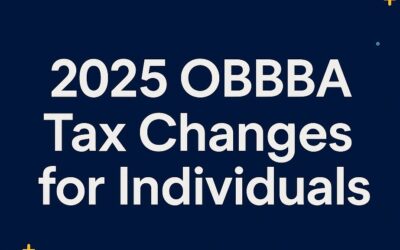Earned Income Tax Credit: Changes for 2020 Tax Year
The earned income tax credit can give qualifying workers with low-to-moderate income a substantial financial boost. In 2019, the average amount of this credit was $2,476. It not only reduces the amount of tax someone owes but may give them a refund even if they don’t owe any taxes or aren’t required to file a return. People must meet certain requirements and file a federal tax return in order to receive this credit.
EITC eligibility
- A taxpayer’s eligibility for the credit may change from year to year, so it’s a good idea for people to use the EITC Assistant to find out if they qualify.
- Eligibility can be affected by major life changes such as:
- a new job or loss of a job
- unemployment benefits
- a change in income
- a change in marital status
- the birth or death of a child
- a change in a spouse’s employment situation
- Taxpayers qualify based on their income and the filing status they use on their tax return. The credit can be more if they have one or more children who live with them for more than half the year and meet other requirements.
New this tax season
There’s a new rule to help people impacted by a job loss or change in income in 2020. Taxpayers can use their 2019 earned income to figure their EITC, if their 2019 earned income was more than their 2020 earned income. The same is true for the additional child tax credit. For details, see the instructions for Form 1040 PDF.
2020 Maximum credit amounts allowed
The maximum credit amounts are based on whether the taxpayer can claim a child for the credit and the number of children claimed:
- Zero children: $538
- One child: $3,584
- Two children: $5,920
- Three or more children: $6,660
2020 income limits
Those who are working and earn less than these amounts may qualify for the EITC:
Married filing jointly:
- Zero children: $21,710
- One child: $47,646
- Two children: $53,330
- Three or more children: $56,844
Head of household and single:
- Zero children: $15,820
- One child: $41,756
- Two children: $47,440
- Three or more children: $50,954
Taxpayers who are married filing separately can’t claim EITC.
Source: IRS Tax Tip 2021-06



